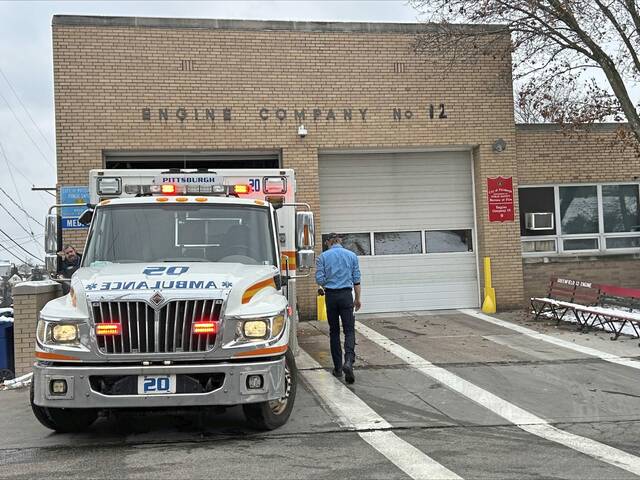On Oct. 27, 2018, 11 people were killed in the largest, most savage act of antisemitism in American history.
Rose Mallinger. Bernice Simon. Sylvan Simon. David Rosenthal. Cecil Rosenthal. Dan Stein. Irving Younger. Dr. Jerry Rabinowitz. Joyce Feinberg. Melvin Wax. Richard Gottfried. They were observant Jews worshipping with their three congregations at the Tree of Life synagogue in Squirrel Hill.
They did not deserve death. It found them at Robert Bowers’ hands.
Four years, nine months and six days later, a jury delivered the last word on that angry man’s actions.
In June, they found Bowers guilty of killing the Pittsburgh synagogue victims in an outburst of anger directed at them because of their faith.
In July, the jury decided the crimes met the criteria for the federal death penalty, in part because of the age and disability of eight of the people Bowers murdered.
Now, in August, the third part of the process is complete. After hearing all of the reasons from the defense to mitigate the sentence and send Bowers, 50, to prison for the rest of his life, the jurors said no. They delivered the death penalty.
Bowers, they said, does not deserve life.
Related:
• Pittsburgh synagogue shooter should be put to death, jury decides• 'A very long chapter': Loved ones of synagogue shooting victims react to jury's death penalty vote
• Decision on Pittsburgh synagogue shooter's fate draws reaction from victims' families, Jewish community, others
In reality, he is not likely to meet his end anytime soon. It will likely not be the sudden, terrifying, gruesome end that his victims found.
There are more than 40 people awaiting execution by the federal government. Richard Tipton of Virginia was sentenced in 1993. He was just 23 years old then. Today he is 53.
But it could happen. There was a lull in federal executions after the George W. Bush administration. In 2020, they were brought back with a vengeance. Between July 14, 2020, and Jan. 16, 2021, the federal government put 13 people to death.
Should the sentence ever be meted out, it is likely to be far in the future. The Department of Justice Bureau of Justice Statistics puts the average length of time spent on death row at about 19 years. For Bowers, that would put him at 69 years old — older than the Rosenthal brothers, Gottfried and Rabinowitz and the same age as Younger.
For those left behind, the sentence is a rift between those who feel it is justice and those who feel a death sentence can never be just.
It is one more way Bowers ripped holes in the congregations and the community.
There is no way to adequately hold Bowers accountable. He will never know the depth of the pain he caused. He is likely to die in prison — whether from old age or lethal injection — little different from the angry man who burst into a house of worship, armed to the teeth with bullets and hate.








